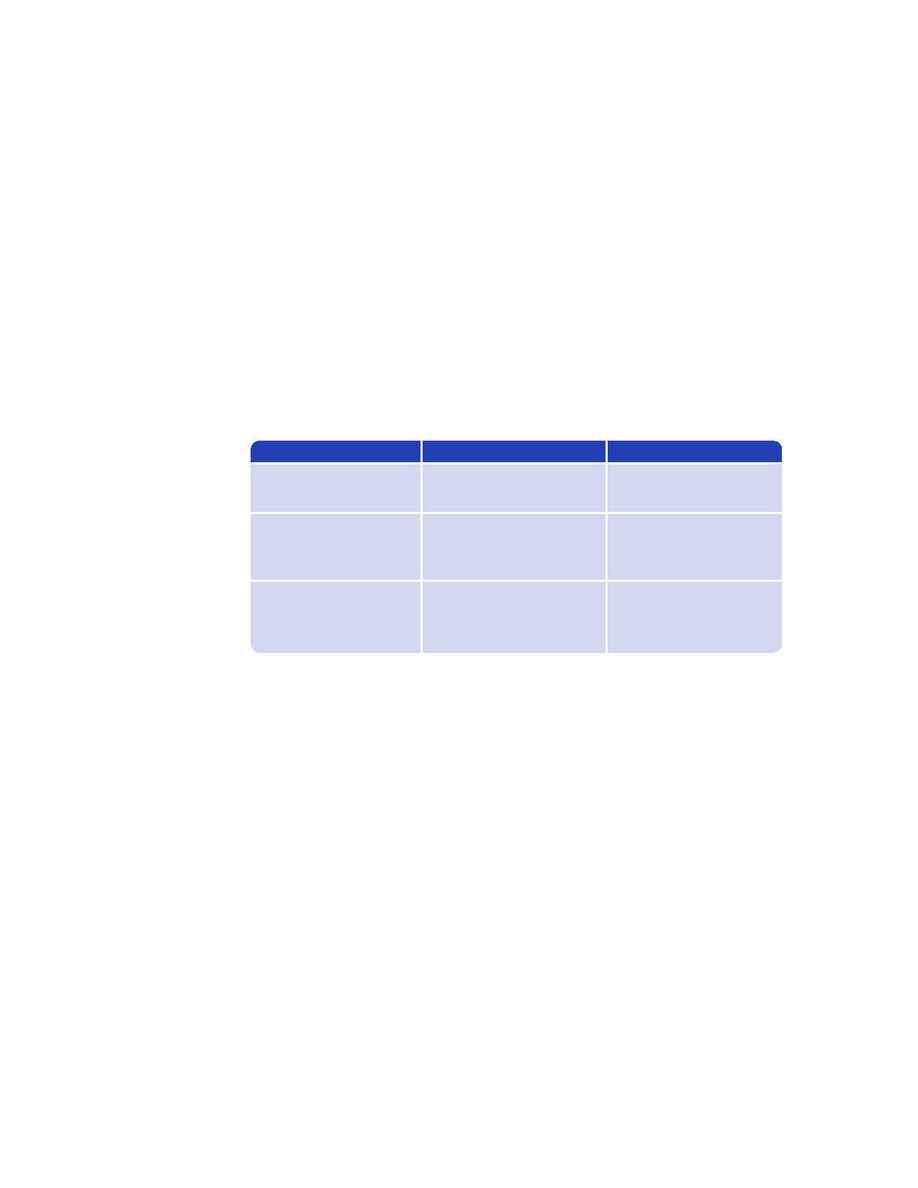
U n d e r s t a n d i n g S u b j e c t I n d e x i n g
23
Biosystematic Codes
Biosystematic Codes are five-digit codes representing broad taxonomic categories
above the genus level. Over 700 Biosystematic Codes are used to index organisms in
BA on CD and BA/RRM on CD. Related plants, animals, viruses and bacteria are all
indexed with Biosystematic Codes. If your search comprises a broad category of
organisms, choose the Biosystematic Code(s) that best represents the category.
Super Taxa
Super Taxa are English-language terms representing groups of Biosystematic Codes.
For example, the Super Taxa term, "microorganisms," retrieves all records on
microorganisms, including viruses, bacteria and protozoans, eliminating the need
to enter the multiple Biosystematic Codes ranges that represent these groups of
organisms, BC01000-BC09931, BC1300-BC15900 and BC35000-BC35500.
Key to Subject Searching Broad Versus Specific Subjects
The following table outlines the use of BIOSIS' subject fields, depending upon whether
your topic is broad or specific:
SUBJECT
ORGANISM
BROAD
Use Concept Codes
Use Biosystematic
Codes or Super Taxa
SPECIFIC
Use controlled and
Use scientific and
noncontrolled free-text
common names
t e r m s
COMBINED
Use words/phrases
Use words/phrases and
and Concept Codes
Biosystematic Codes or
Super Taxa
Thus, for a general subject such as pharmacology, use Concept Codes; for a specific
disease name, use free-text words or phrases; and for a large organism group, like
"nonhuman mammals," use Super Taxa.
